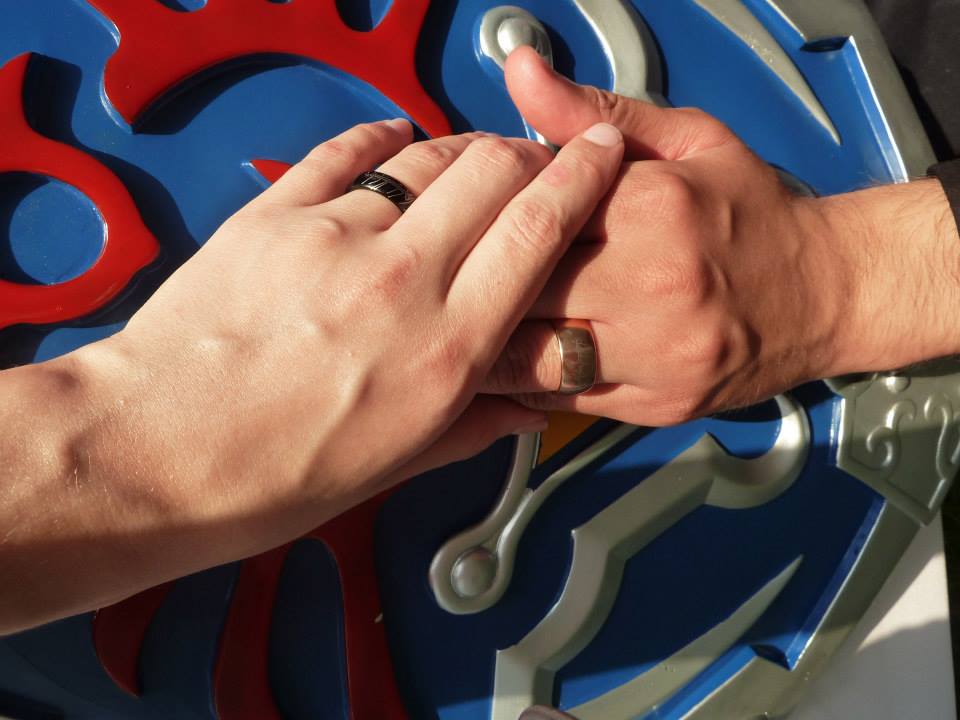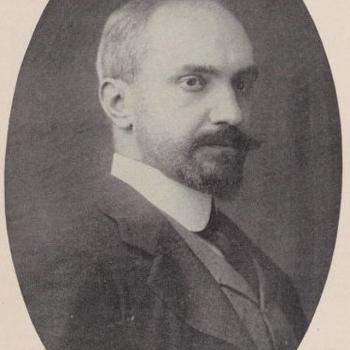[Content Note: Marital Sexual Coercion]

Purity culture Christians like to think of marriage as something almost magical. It’s like flipping a magical switch where all the rules, standards, and beliefs about reality change. It’s as if saying “I do” plummets you into an entirely new universe. Looking at how things change after the flipping of the magical marriage switch reveals some gaping holes in purity culture thinking.
One of the most integral moments in my decision to say “screw it” to purity culture was noticing this type of thinking in a Relevant Magazine piece by Allison Vesterfelt. The gave a list of “reasons God asks us to wait for marriage for sex,” and it was a game changer for me because it helped me start to see the inconsistencies within purity culture clearly.
For instance, one of the reasons for waiting on the list was “It Builds Friendship.” The author claims people should wait until marriage to have sex because they need a period of friendship-building before they start focusing on sex. I’ve heard others make this same claim. But should people’s friendship stop growing once they are married? Does anyone in purity culture even claim such a thing? If sex before marriage hinders friendship, what changes after marriage?
In fact, Christian marriage books will claim that after marriage, sex is necessary if marital friendship is going to grow. The book Love and Respect even tells wives (pg. 248 and on) that if they feel distant and unconnected from their spouses, it is immature to wait until the friendship has been restored to have sex. This book claims that marital sex is to be about meeting the husband’s needs, not just something that flows out of friendship and emotional intimacy. It claims if the woman who doesn’t want to have sex just gets over it and does it anyway, sex will lead to friendship.
Flip the magical marriage switch and you’re in a new universe with new rules. This happens again, and again, and again. Let’s look at some other ways in which this is played out:
….
Another item on the list is “You Are Valuable.” It argues that setting physical boundaries before marriage means that you are asserting your value. This is a popular one in purity culture. I’ve written before about how purity culture co-opts the language of women’s empowerment–authors like Justin Lookadoo and Hayley DiMarco tell young women the only way that they can truly have “girl power” is if they wait until marriage to have sex.
But what happens when you flip the magical marriage switch?
Suddenly, your way of “protecting your value” is obsolete. Before marriage, you abstained so you wouldn’t end up like chewed up bubble gum. Now, you’re supposed to let yourself get “chewed up” (don’t purity culture metaphors for sex make it sound awful?), and if you don’t, you are selfish. Your right to assert your self-worth through boundaries is gone.
…
On Twitter, Kirby M. pointed out that, before marriage, we’re told that sex “blinds you from faults in your relationship.” Purity culture says that great sex will keep you in a bad relationship, and you’ll be so focused on the sex that you won’t work out problems in other areas.
But after the magical marriage switch has been flipped?
As Kirby continues, purity culture believes that after marriage, sex “is essential for oneness.” Mark Driscoll’s Real Marriage, Emerson’s Love and Respect, and other marriage books tell women that sex with their spouses will fix a myriad in the marriage, even a husband who is mean and unloving.
…
A phrase you hear often in purity culture is that “sex won’t keep him/her, and sex won’t make him/her love you.” That’s not bad advice, actually, and can help arm unmarried women and men against coercion tactics, e.g. “If you loved me you’d do it,” or “If you won’t, I’ll have to cheat on you. However, the way the conversation changes after marriage shows that purity culture proponents aren’t actually interested in arming people against coercion.
Just flip that switch…
As Jael stated on Twitter, purity culture tells married women, “if you don’t respond to coercion YOU are in the wrong.” Christian marriage book authors will use the same coercion tactics that they warn young people against in dating books. Married (straight) women, are told that the only way to keep their spouses is sex. Love and Respect tells them that, actually, sex will make him love you, and that:
A man who strays is usually given total blame for his affair, but in many cases he is the victim of temptation that his wife helped bring upon him. (pg. 253)
These are just a few examples. This line of thinking isn’t limited to conservative Christians like Mark Driscoll and Dr. Emerson Eggerichs either. There are even remnants of it in so-called progressive Christianity (indeed, Relevant Magazine calls itself “progressive”), and a lot of anti-purity culture bloggers fall into the same traps.
But marriage isn’t a magical switch that you flip and everything changes. Married people occupy the same universe as unmarried people, and so many purity culture arguments fall flat.















